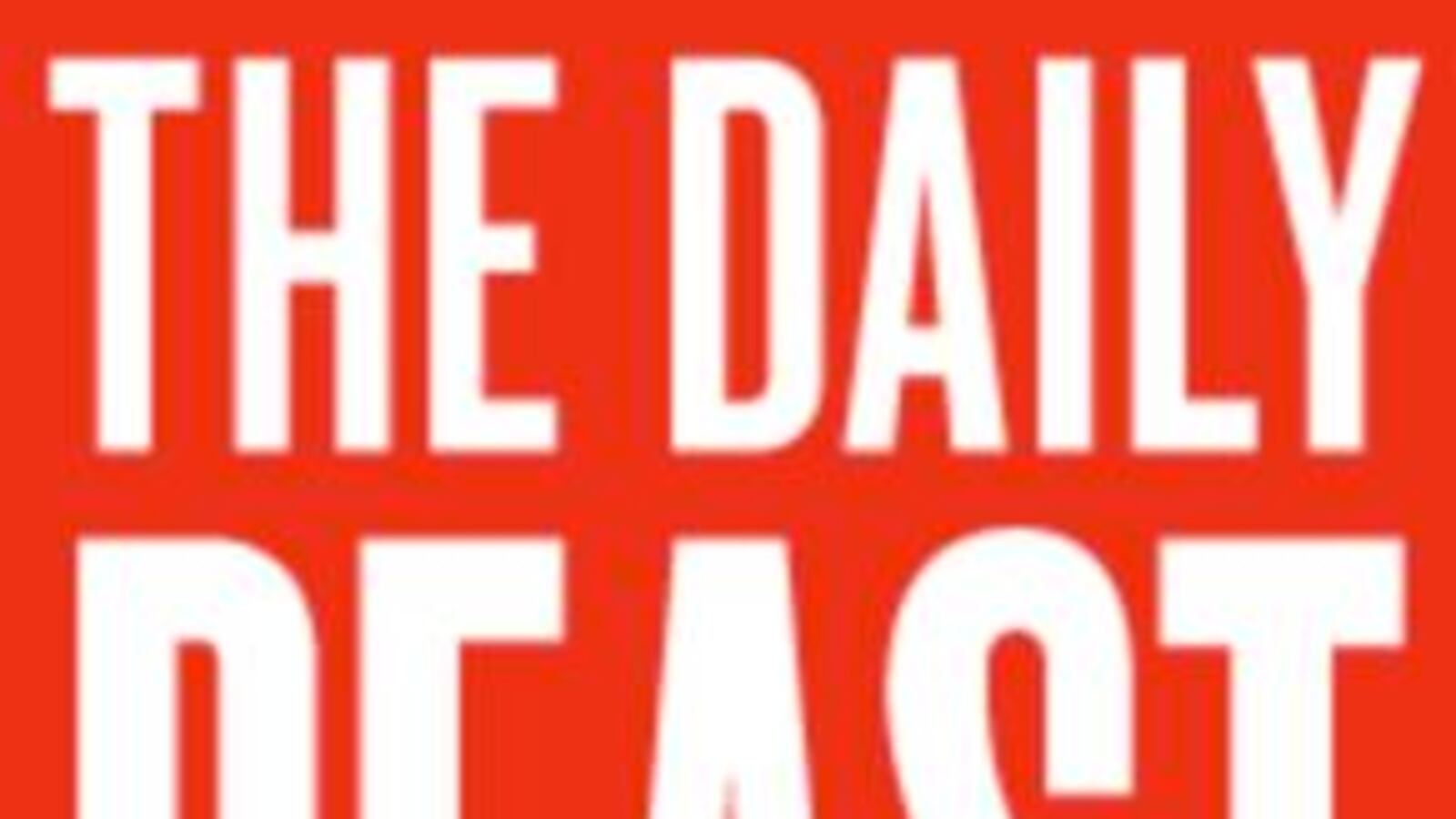The asterisk for the inevitable deluge of commenters noting that the honor isn't actually a Nobel Prize. Yes, understood. But, considering I was unfamiliar with market design until today, I figured I'd provide a sampler of what it entails -- and why the two recipients (Al Roth and Lloyd Shapley) are so important to the dismal science.
The New York Times' Catherine Rampell recounts Shapley's work from way back (at least for me) in the 1950s.
Mr. Shapley, 89, a mathematician long associated with game theory, is a professor emeritus at the University of California, Los Angeles. He made some of the earliest theoretical contributions to research on market design and matching, in the 1950s and 1960s.
In a paper with David Gale in 1962, Mr. Shapley explained how individuals could be paired together in a stable match even when they disagreed about what qualities made the right match. The paper focused on designing an ideal, perfectly stable marriage market: having mates find one another in a fair way, so that no one who is already married would want (and be able) to break off and pair up with someone else who is already married.
Joshua Gans rounds up Roth's accomplishments at Digitopoly:
Matching algorithms have now been applied to school choice and other areas. However, there is perhaps nothing more significant than Al Roth’s work on kidney exchanges. We know that kidney transplants save lives but economists have long lamented that society doesn’t want to use prices to mediate that market. As documented in this long profile in the Boston Globe, instead of lamenting, Al Roth took the inability to use prices as a constraint (basically, he knew that society found such things as repugnant and so would have to work around it). He asked if kidney exchanges could work without prices? And the answer was yes. What you had to recognise was that you had a set of willing donors and a set of recipients. The issue was that it took luck for a willing donor to be in the same family as a recipient. But what did not take luck was the notion that a willing donor may match one recipient while the family member of that recipient may match the donor’s loved one. You just had to bring those people together. Basically, add some search and some safety (you don’t want people opting out once their own family member has received a kidney) and you are off the races. Put simply, Roth’s kidney exchange is up and running. Here is an economic theorist who hasn’t just made things more efficient. He has actually saved lives. It is unclear whether it is the economics Nobel he deserved or the Nobel prize for medicine. (In the picture, Al Roth is there supervising a kidney transplant in the yellow coat).
And The Market Monetarist blog provides the really important information: that "Roth is the first Nobel Prize winner to have written a paper about Dwarf Tossing (and other ”Repugnant markets”)."






